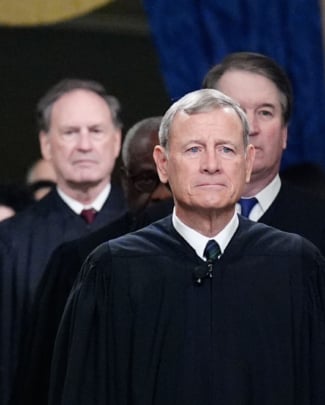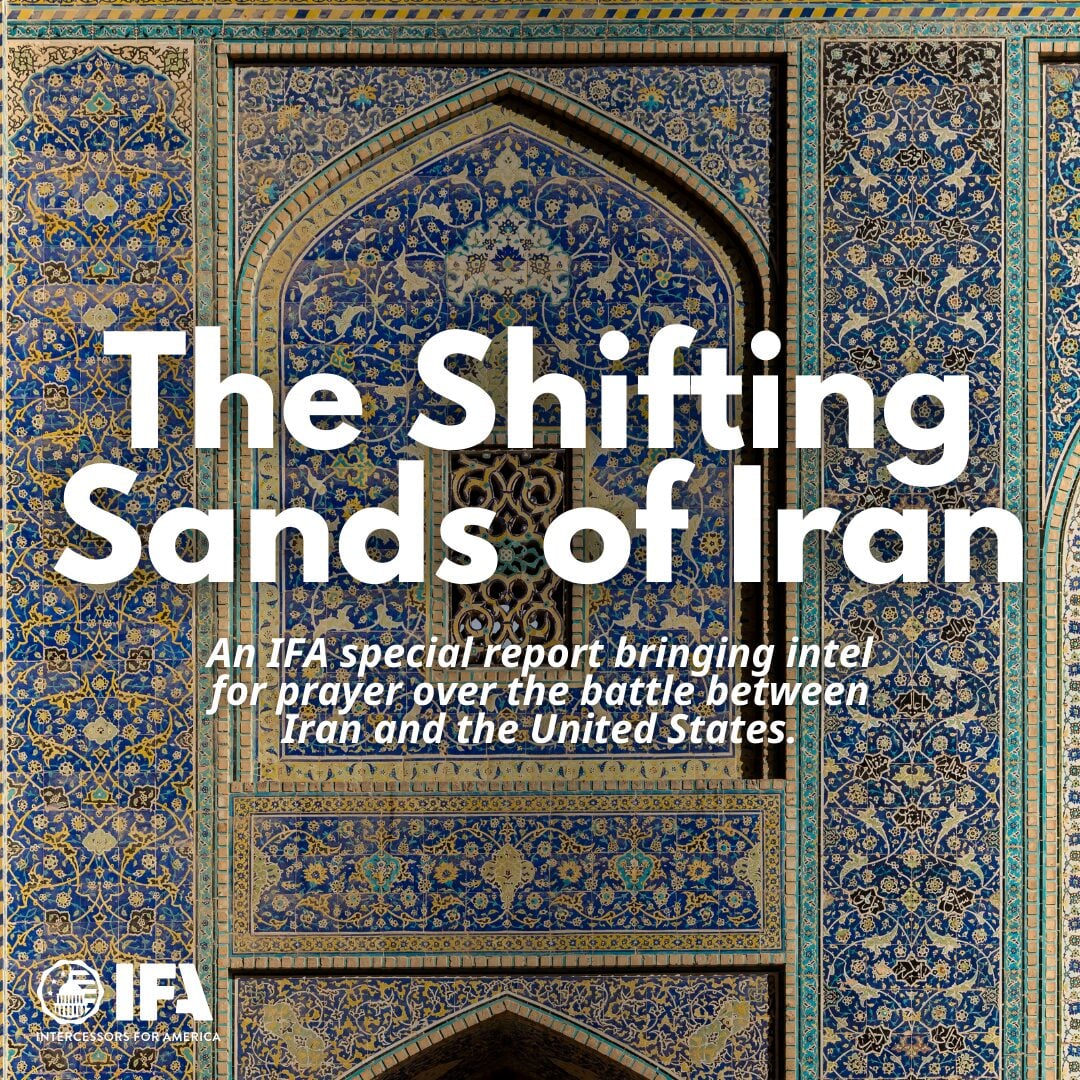IT’S NOT TRUMP WHO WANTS TO OBLITERATE OUR CONSITUTION
THESE 40 DOCUMENTS NEED TO BE RELEASED TO KNOW THE TRUTH
JUSTICES THOMAS & ALITO SUGGEST SAME-SEX MARRIAGE BE RECONSIDERED
RISE UP CHURCH! LAY YOUR IDOLS DOWN!
WHY CRITICAL RACE THEORY IS A COMMUNIST TACTIC
IT’S NOT TRUMP WHO WANTS TO OBLITERATE OUR CONSITUTION
The most profound attacks on Donald Trump are that his presidency is illegitimate and that he wants to destroy our constitutional structure. The Democrats have leveled those accusations for four years, accompanied by charges he is a wannabe dictator, elected thanks to his good buddy, Vladimir Putin.
These frenzied charges, we now know, were invented and paid for by Hillary Clinton’s campaign, and then funneled to the U.S. government through the FBI, Department of Justice, and State Department. Meanwhile, the CIA and then the FBI were busy spying on the Trump campaign (and, later, in the FBI’s case, on the Trump presidency), trying to find “collusion” with Russia. Their relentless effort led to the appointment of Special Counsel Robert Mueller, whose partisan team knew almost immediately there was no proof of these damning allegations. They should have told the public immediately.
Instead, they spent the next two years trying — and failing — to catch President Trump on a “process” crime of obstructing justice, without any underlying crime to investigate. They were pursuing a person, not a crime, violating our most basic idea of legitimate law enforcement. Trump actually cooperated fully with the collusion investigation, providing millions of otherwise-privileged documents, but he didn’t bite on a personal interview designed to catch him in a purported false statement. . . .
That effort failed because the special prosecutor’s office didn’t come up with convincing evidence. The investigation by Pelosi acolyte Adam Schiff also failed. As chairman of the House Intelligence Committee, Schiff had already elicited testimony, under oath, from Obama administration officials, all of whom said there was no evidence of Trump-Russia collusion. He kept that testimony secret for two years so the public would never find out. With these failures accumulating, Schiff’s team suddenly spied another pot of gold at the end of the rainbow: alleged malfeasance by Trump regarding Ukraine.
It was fool’s gold, but it was enough for House Democrats, who voted to impeach the president on a party-line vote. The public wasn’t convinced. The Democratic National Convention, held just six months later, simply ignored the whole embarrassing episode. Even the most rabid partisans didn’t care. . . .
The vitriolic conflicts surrounding Donald Trump have obscured two crucial issues, which voters ought to weigh carefully as they choose the next president. One is the difference between Trump’s impulsive, divisive personality and the policies he has actually pursued. The other is the Democrats’ threat to significantly change the structure of American government. The two issues are intertwined since Trump’s policies are, at bottom, an effort to restore America’s traditional federal structure and limit the power of unelected officials in Washington. His efforts to roll back the regulatory state also curtail the power of lobbyists and their powerful employers, since they hold the greatest influence over detailed rules and regulations, not general laws like tax rates.
Trump’s tweets and rambling public comments project strong, personalized, centralized power. That’s the essence of the “wannabe dictator” charge against him. In fact, his basic policies are quite different from that self-inflated persona. For all Trump’s braggadocio, he has tried to move the country away from Washington’s centralized control, away from control by executive branch bureaucracies (though not from the White House itself), and toward federalism and policymaking by the elected officials. No president in modern times has waged a more sustained battle against powerful entrenched interests and their phalanx of lobbyists, who rotate in and out of government.
Trump’s most important domestic policies are aimed squarely at wresting control from these special interests and their apologists in the mainstream media. To do so, Trump has tried to return policymaking to elected officials and senior Cabinet appointees and away from the lower-level bureaucrats, whose regulations dominate Americans’ everyday lives. . . .
Taken together, Trump’s major initiatives are an effort to restore the traditional balance between Washington and the states, between those elected to make laws and those responsible for executing them or adjudicating disputes. Not surprisingly, these efforts have met ferocious opposition, led by liberals who established the bureaucratic behemoths in the mid-1960s, by progressives who want to expand them still further, and by interest groups that profit from these massive programs. These disputes, not Trump’s personality, are the heart of America’s modern political divide. . . .
There are three reasons Biden and the Democrats won’t say what they will do. Despite what happened to them in 2016, they believe a purely negative campaign can win the White House. They are betting that revulsion with Trump is that high. Second, the more Biden and Kamala Harris say, the more likely they are to alienate either progressive activists or center-left independents – and they need both groups to win. Third, the media doesn’t press them for answers, so why give them? The mainstream media want Democrats to win, and they have behaved more like adjuncts of the Biden campaign than neutral reporters.
A negative campaign does not mean the Democrats won’t enact a positive agenda if they are elected. Senior Democrats on Capitol Hill have already floated ideas that would fundamentally alter both Congress and the courts — that is, Articles I and III of the Constitution. To do that, they must not only win the presidency and both houses of Congress, they must change the Senate’s long-established rules, which allow a sufficiently large minority to stop radical legislation. If that minority is 40 votes or more, its members can “filibuster” the bill and prevent its passage. What Democrats are suggesting is they will abolish the filibuster in order to pass sweeping legislation with just 50 votes and Vice President Kamala Harris to break the tie.
Since the filibuster is a Senate rule, not a constitutional requirement, it can be changed by a simple majority as the first act of the new Senate. With the minority neutered, a Democratic Senate could move quickly to enact their party’s agenda, just as the House would. The Senate without a filibuster would resemble the House, only with longer terms. . . .
Changing the Senate rules is not the only major change being floated. Democratic leaders apparently want to add two new states to the union, Puerto Rico and the District of Columbia. The goal, obviously, is to lock in their party’s control of the Senate for years to come. Again, Democrats would need to eliminate the filibuster since all Republicans (and perhaps a few Democrats) would object.
Some Democrats also propose yet another institutional change, this one to the third branch of government. They want to expand the Supreme Court beyond its current nine members, which it has had since 1869. . . . .
The result is that the biggest issues lay hidden in the shadows as we enter the final stages of the election, the most consequential one of the modern era. The institutional changes being proposed mean we are not just voting for a president, a senator, and a representative. We could be voting on the basic structure of our central government, the role of the courts, and the relationship between Washington and the states. Yet the presidential debate said little about it. It was simply a flurry of crude interruptions, mostly by Trump, and mud-slinging by both candidates. They never engaged each other directly on the fundamental issues. That was a travesty for the country and a missed opportunity for Trump.
We are being kept in the dark as we vote on what could be monumental changes.
(Excerpt from RealClear Politics. Article by Charles Lipson. Photo Credit: Getty Images.)
What do you think about the attacks on the U.S. Constitution? Comment your thoughts and prayer below!
Partner with Us
Intercessors for America is the trusted resource for millions of people across the United States committed to praying for our nation. If you have benefited from IFA's resources and community, please consider joining us as a monthly support partner. As a 501(c)3 organization, it's through your support that all this possible.


We use cookies to ensure that we give you the best experience on our website. If you continue to use this site we will assume that you are happy with it. Privacy Policy





Comments
This makes one wonder if we should be praying for a President Trump landslide to prevent the breakdown of the rule of law.
Heavenly Father, forgive us for not being more active in both praying the rule of just laws would be upheld, and voting ignorantly or for the ‘lesser of two evils’.